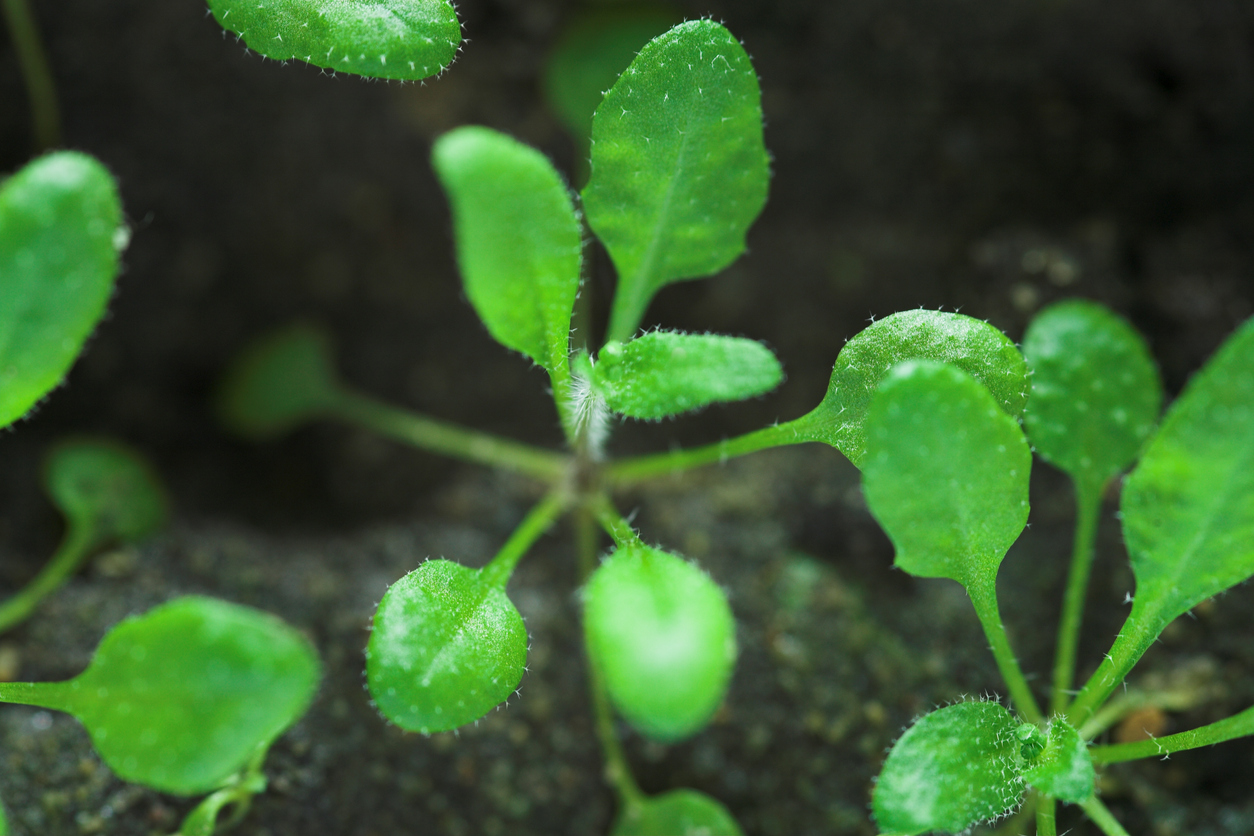
Plant Growth Study Sheds Light on Cancer Research
June 15, 2022| |
Cold Spring Harbor Laboratory (CSHL) researchers discovered how specific plant proteins control a photoreceptor in plants. This discovery might lead to new strategies to control growth in both agriculture and cancer research.
Understanding how plants process light is vital in enhancing crop yields. Light dictates when the plant would grow or flower. Plants search for light using proteins called photoreceptors. CSHL Assistant Professor Ullas Pedmale and team revealed how proteins UBP12 and UBP13 regulate photoreceptor CRY2. CRY photoreceptors are common to both plants and humans. They are linked to human diseases such as cancer, diabetes, and a number of brain disorders. CRY2 helps control growth in humans and plants. While unchecked growth in plants makes them less viable, unchecked growth in humans causes cancer. “If we understand growth, we can cure cancer,” Pedmale said.
The research team found that in humans and other organisms, versions of UBP12 and UBP13 protect CRY photoreceptors from degradation. However, in plants, the opposite was observed. UBP12 and UBP13 were actually helping degrade CRY2 instead.
Read the news release from CSHL.
| |
You might also like:
- Study Shows Link between CRISPR and Mutated Cancer Cells
- Invasive Weed Extract Could Help Treat Cancer and Type 2 Diabetes
- Scientists Identify How Plants Sense Temperature
Biotech Updates is a weekly newsletter of ISAAA, a not-for-profit organization. It is distributed for free to over 22,000 subscribers worldwide to inform them about the key developments in biosciences, especially in biotechnology. Your support will help us in our mission to feed the world with knowledge. You can help by donating as little as $10.
-
See more articles:
-
News from Around the World
- FAO Council Endorses Strategies on Climate Change and on Science and Innovation
- Key Considerations for Risk Assessment of Gene Drive Technologies
- Kenyan Gov’t Gives Nod to Use of Bt Cottonseed Cake for Animal Feeds
- Plant Growth Study Sheds Light on Cancer Research
- Demand for Australia's GM Safflower on the Rise
- Workshop Highlights Role of Science Communication in Advocating Philippine Modern Biotechnology
- Australia's OGTR Invites Comments on Commercial Release of GM Indian Mustard
- Philippine Biosafety Systems, Organic Agriculture and Co-Existence
- EFSA Releases Risk Assessment of New Sequencing Information for GM Sugar Beet H7-1
- Scientists Expose How a Potato Pathogen Sharpens its Weapons
-
Research Highlights
- International Team Discovers Signaling Molecule that Make Flood Resistant Plants
-
Plant
- Experts to Use CRISPR for Carbon Capture with Crops
-
Read the latest: - Biotech Updates (January 28, 2026)
- Gene Editing Supplement (January 28, 2026)
- Gene Drive Supplement (February 22, 2023)
-
Subscribe to BU: - Share
- Tweet

